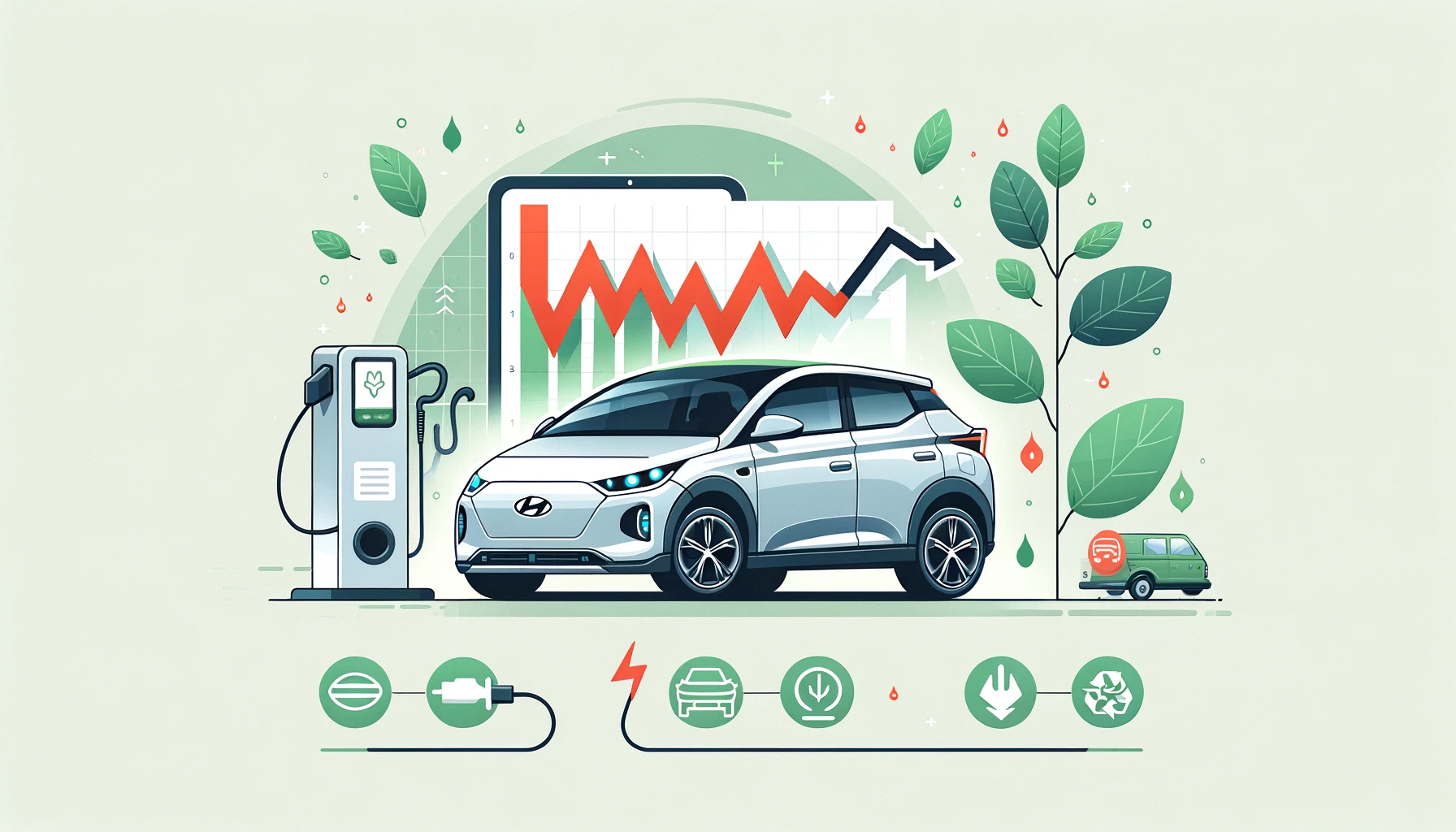
Despite a noticeable slowdown in the electric vehicle (EV) market, Hyundai remains steadfast in its commitment to electrification. Randy Parker, the CEO of Hyundai Motor America, has announced that the company is “doubling down” on its investments in the EV sector. This includes a significant investment of US$7.6 billion to establish a new manufacturing facility in Georgia.
Unlike some competitors who are scaling back their EV operations due to declining sales, Hyundai continues to advance its product line. In an interview with The Verge, Parker highlighted the success of Hyundai’s vehicles in the market. “Our products have done extremely well in the marketplace,” he stated. Hyundai’s lineup includes the acclaimed Hyundai Ioniq 5 and Ioniq 6, along with the updated Kona Electric. Notably, the Ioniq 5 N was recently awarded the 2024 World Performance Car Award, underscoring Hyundai’s potential in the performance EV sector.
Despite challenges facing the industry, Hyundai’s EV sales have remained robust. In March 2024 alone, the company sold 14,798 battery-electric models, marking a 53% increase from the previous year. This contrasts with the broader industry trend where several automakers have experienced sales declines, leading to postponed factory expansions and reduced investments.
Overview of Hyundai’s Recent Performance
| Metric | Q1 2023 | Q1 2024 | Change |
|---|---|---|---|
| Electrified Model Sales | 161,000 | 153,519 | -4.8% |
| Global Operating Profits | – | – | -2.3% |
| Battery-Electric EV Sales | – | 14,798 | +53% |
However, despite a slight decline of 4.8% in the sales of electrified models globally in the first quarter of 2024 compared to the same period in the previous year, and a 2.3% drop in global operating profits year-over-year, Parker remains optimistic about Hyundai’s prospects in the U.S. market.
Addressing some of the primary barriers to EV adoption, such as cost and charging infrastructure, Hyundai is actively working to make its vehicles more accessible to consumers in the United States. Parker emphasized a “very aggressive 24-month lease program” for the Ioniq 5 and Ioniq 6. These models boast a class-leading range—up to 303 miles for the Ioniq 5 and up to 360 miles for certain versions of the Ioniq 6—alleviating concerns over charging frequency. Additionally, their 800-volt architecture supports rapid charging capabilities, enabling them to gain 100 miles of range in just seven minutes, depending on the charger used.
“We’re trying to make driving an EV affordable,” Parker explained. “At the same time, we’re removing some of those objections when it comes to range and charging.”
Further enhancing its charging solutions, Hyundai has entered into a partnership with Tesla to allow Hyundai EV owners access to Tesla’s Supercharger network. Parker announced that adapters necessary for this access would start being distributed in the first quarter of 2025, with the full rollout completed by the end of 2024. Despite recent layoffs affecting Tesla’s Supercharger team, Parker is confident that this partnership will proceed as planned. “I haven’t been given any reason to doubt our strategy moving forward,” he affirmed.
Hyundai faces several hurdles as it aims for a fully electrified future. Notably, Hyundai’s EVs are currently manufactured in South Korea, making them ineligible for the US$7,500 federal EV tax credit in the U.S. This situation is expected to change with the completion of the Georgia manufacturing facility, scheduled to begin operations in the fourth quarter of this year. The facility will also produce electric vehicles for Kia and Genesis, Hyundai’s luxury brand.
The labor landscape may present another challenge. The United Auto Workers (UAW) recently succeeded in unionizing a Volkswagen plant in Tennessee and has set its sights on other Southern factories, including Hyundai’s new facility. Parker acknowledges the potential for unionization but leaves the decision to the workers: “The decision to be represented by a union is purely up to the team members, and so far, they’ve spoken, and I’ll just leave it at that,” he stated.
Despite these obstacles, Parker is confident in Hyundai’s direction. “It’s a transition, just like anything else,” he remarked. “People transitioned from rotary phones to iPhones. The future is electric, and in some regards, we’re already late.”
Summary Points:
- Hyundai is investing heavily in EVs with a new $7.6 billion facility in Georgia.
- Sales of Hyundai’s battery-electric models have increased significantly.
- Hyundai is addressing consumer concerns with competitive leasing options and rapid charging technology.
- Partnership with Tesla enhances charging options for Hyundai’s customers.
- The company is prepared to tackle labor and production challenges as it moves toward an all-electric future.
Related News:
Featured Image courtesy of DALL-E by ChatGPT
